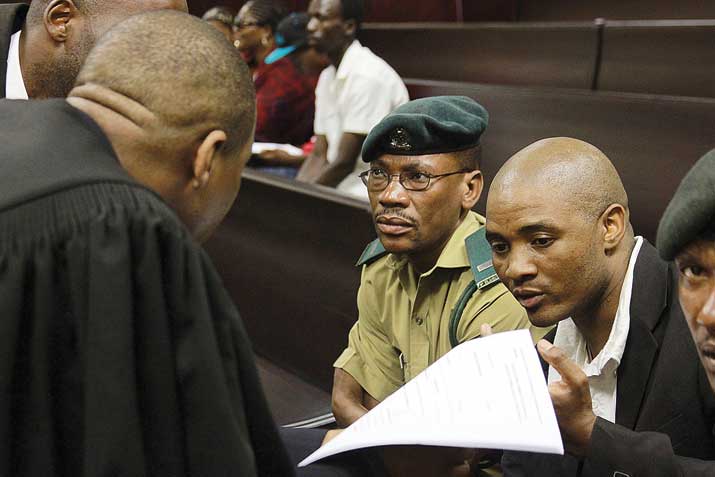High Court Judge Justice Tshepo Motswagole has declared the death penalty unconstitutional. The judge said “In conclusion, therefore, I am left with no choice but to declare s. 203 of CAP. 08:01 contrary to ss. 3(a), 7(1), 10(1), 10(7), 10(8), 15(1) & 55 of the Constitution.” The judgment comes just after October 10th, World Day Against the Death Penalty. Until the Court of Appeal reverses the judgment or parliament finds another way to impose the death penalty, the punishment remains unconstitutional.
Article 3 of the 1948 United Nations Universal Declaration of Human Rights provides that “everyone has the right to life, liberty and security of person.” Therefore, no one, including the state, has the right to kill. Death penalty is inhuman and degrading form of punishment. Empirical evidence has shown that it is not a deterrent for perpetrators of violent crimes such as murder. The risk of killing innocent people, as the US based Innocent Project and other initiatives across the world have proved in numerous cases, always exists. This is the reason why Britain abolished it in the first place. Botswana’s criminal justice system is underdeveloped and the risk of killing innocent people is high. Sometimes judges don’t see extenuating circumstances or they close their eyes to them while other judges even actively look for them.
The pro deo system is flawed and raises serious questions of fairness in legal representation. The poor who cannot afford good legal representation suffer more than the affluent; death penalty is essentially for the poor and or the downtrodden. In Botswana, like elsewhere where death penalty is practiced, there are hanging judges, who are keen of the death penalty and there are judges who, no matter what, will not sentence a person to death. Where is fairness in that? Death penalty resulted in the death of Jesus Christ our savior after he was found guilty of blasphemy, an equivalent of treason, and sentenced to death by crucification.
If death penalty was applied in the Rivonia trial, Mandela and his co-accused would have been executed. Politicians should condemn it even more on crimes such as treason, mutiny and or other related offences; they are always at the risk of being accused of treason because treasonable offences are loosely defined. The 1967-8 case in which Dr Kenneth Shololo Koma, Mareledi Giddie and others were charged with sedition is instructive.
There is need to debate about transparency and accountability issues on the death penalty: how are the convicts really killed? In the recent past a prisoner threatened to sue the state for contracting HIV emanating from cleaning the gallows. Why not let the victim’s family, the prisoner’s family, the media, defence counsels and state counsels witness the execution as it is practiced elsewhere? Why not release the body of the prisoner to the family for burial? Is it fair for the family to just hear over the radio that the prisoner has been executed? What are international trends in the practice of executing prisoners and is Botswana moving with the world?
Do Batswana support the death penalty? The Parliament Law Reform Committee, which addressed meetings across the country soliciting opinions on capital punishment, is an inadequate method of assessment. The government should not just rely on it and say Batswana support the death penalty. It is also paradoxical that not everything that Batswana wants government does.
How is the practice affecting us diplomatically, e.g. with South Africa? The South African government is precluded by law from extraditing suspects facing capital offences and this has soured relations between the two countries on this matter.

